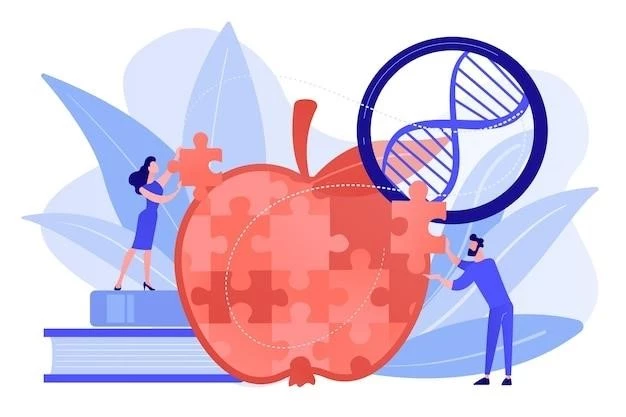Symptoms of Copper Transport Disease
Recognizing and Understanding the Symptoms of the Disease.
Overview of Copper Transport Disease
Copper Transport Disease, also known as Wilson’s Disease, is a rare genetic disorder that causes copper to accumulate in the body. This can lead to liver damage, neurological issues, and other serious health complications.
Common Symptoms
Common symptoms of Copper Transport Disease include fatigue, jaundice, abdominal pain, tremors, and difficulty with speech or swallowing. It is crucial to recognize these signs early for timely management and treatment.
Diagnosis of Copper Transport Disease
Evaluating Symptoms and Conducting Diagnostic Tests.
Diagnostic Tests
Diagnostic tests for Copper Transport Disease may include blood tests to measure copper levels, liver function tests, genetic testing, and imaging studies like MRI or ultrasound to assess organ damage. These tests are essential for accurate diagnosis and treatment planning.
Consultation Process
After initial tests, consultation with specialists like hepatologists, neurologists, and genetic counselors may be necessary for a comprehensive evaluation and treatment plan tailored to the individual’s specific needs and symptoms.
Treatment Options for Copper Transport Disease
Managing Symptoms and Improving Quality of Life.
Medications
Medications for Copper Transport Disease may include chelating agents to remove excess copper, zinc supplements to block copper absorption, and medications to manage symptoms like tremors or psychiatric issues. Adherence to prescribed medications is crucial for disease management.
Surgical Interventions
In severe cases of Copper Transport Disease, liver transplantation may be considered to replace the damaged liver with a healthy one. This surgical procedure can help prevent further complications and improve quality of life for the individual.
Genetic Causes of Copper Transport Disease
Understanding the Inherited Nature of the Disease.
Inheritance Patterns
Copper Transport Disease follows an autosomal recessive inheritance pattern, meaning that a person must inherit a mutated gene from both parents to develop the condition. Genetic testing and counseling can help individuals understand the risk of passing the disease to their children.
Genetic Counseling
Genetic counseling for Copper Transport Disease involves discussing genetic test results, inheritance patterns, family planning implications, and risk assessment. This specialized counseling can provide valuable information and support for individuals and families affected by the disease.

Lifestyle Modifications for Copper Transport Disease
Promoting Wellness Through Lifestyle Changes.
Dietary Changes
Dietary changes for Copper Transport Disease may involve reducing copper-rich foods like shellfish, organ meats, nuts, and chocolate. A balanced diet with adequate zinc intake can help regulate copper levels and support overall health in individuals with the condition.
Exercise and Stress Management
Regular exercise and stress management techniques such as yoga or meditation can help individuals with Copper Transport Disease improve their overall well-being. Physical activity and stress reduction strategies play a crucial role in maintaining a healthy lifestyle despite the challenges posed by the condition.
Managing Copper Levels in Copper Transport Disease
Preventing Copper Build-Up Through Effective Strategies.
Chelation Therapy
Chelation therapy is a treatment option for Copper Transport Disease that involves using medications to help remove excess copper from the body. This therapeutic approach aims to lower copper levels and prevent organ damage caused by copper accumulation.
Regular Monitoring
Ongoing monitoring of copper levels, liver function, and neurological status is crucial for individuals with Copper Transport Disease. Regular check-ups and follow-up appointments with healthcare providers help track disease progression, adjust treatment plans, and ensure optimal management of the condition;
Research Advances in Copper Transport Disease
Exploring New Frontiers in Disease Understanding.
Ongoing Studies
Current research on Copper Transport Disease focuses on developing innovative treatments, understanding genetic mechanisms, and improving diagnostic techniques. Ongoing studies offer hope for advancements in disease management and better outcomes for affected individuals in the future.
Future Prospects
The future of Copper Transport Disease holds promise with ongoing research, potential new therapies, and improved genetic testing. Advancements in understanding the disease may lead to more effective treatments and enhanced quality of life for individuals living with this condition.
Support Groups for Copper Transport Disease
Connecting for Encouragement and Information Sharing.
Online Communities
Online communities provide a platform for individuals with Copper Transport Disease to connect, share experiences, offer mutual support, and access valuable resources. These virtual networks play a key role in fostering a sense of community and empowerment among those affected by the condition.
In-Person Support
In-person support groups offer a valuable opportunity for individuals with Copper Transport Disease to meet face-to-face, share personal stories, exchange coping strategies, and build strong relationships with others who understand their journey. These gatherings foster a sense of camaraderie and acceptance within the community.
